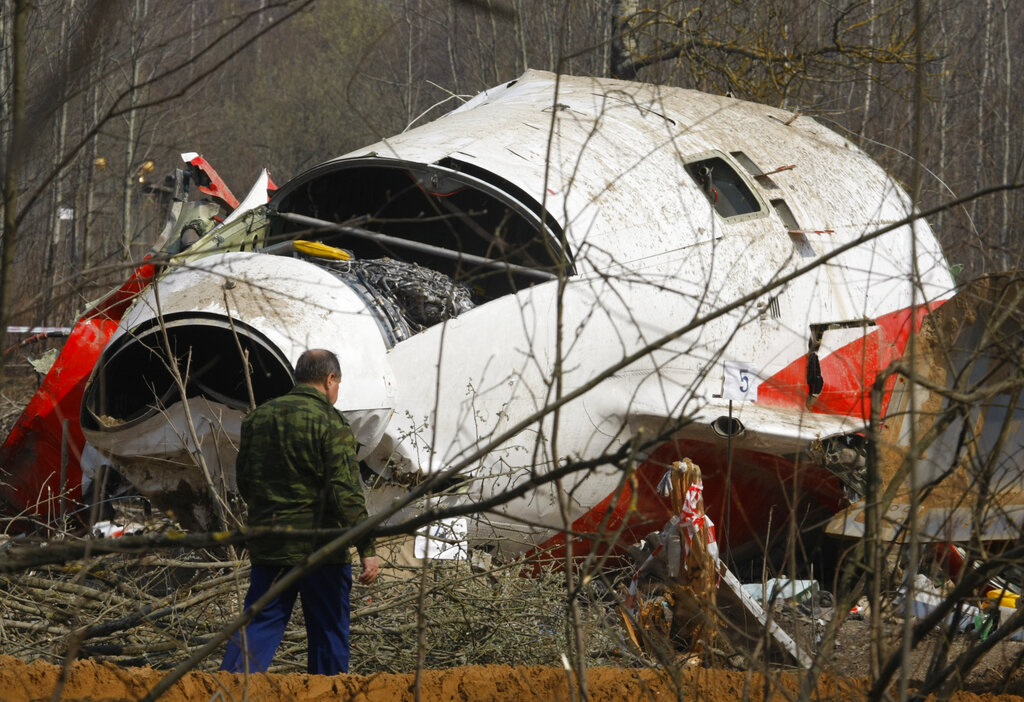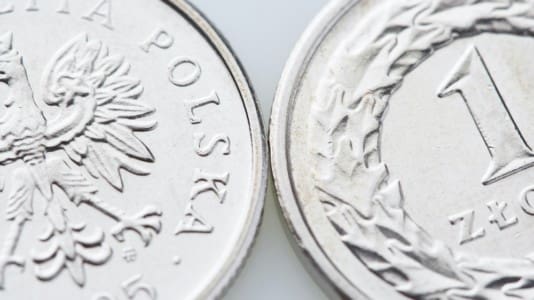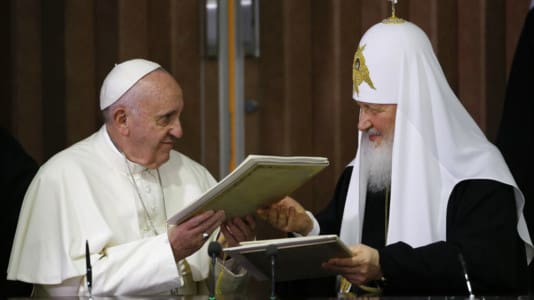The Russian invasion of Ukraine has opened people’s eyes to the true capabilities of the Kremlin, including with regards to the Smolensk air crash, Polish sociologist Prof. Henryk Domański has claimed.
The esteemed professor does not think people will be swayed by debates over how exactly the crash happened and whether there was one explosion, two or none, especially not after 12 years since the tragedy. However he believes the “invasion of Ukraine has made people aware of what kind of methods Russia is capable of using when it has a defined enemy to attack.”
It is the aggression against Ukraine which is making the public believe that Moscow was capable of assassinating President Lech Kaczyński, Domański claims, who argues that Russia has shown itself to be ruthless enough for it to be feasible that it would carry out such action.
It is not a case of the ruling Law and Justice (PiS) returning to theories about Smolensk being the work of the Russians because of the war. It is more of a case of people being increasingly open to entertaining the possibility that Smolensk wasn’t an accident. Back in 2010, only 13 percent of those polled believed in an assassination. Two years ago that figure was 24 percent. Today, after the outbreak of war, it is 48 percent.
This is because in 2010 most people were willing to believe that there would be no point for the Russians killing Lech Kaczyński. But today, many people now understand why Lech Kaczyński, with his tough stance on Russia, could have been seen by Moscow as an enemy worthy of assassination, especially in the aftermath of his mission to Tbilisi in 2008.
Moreover, the number of people who today believe that there is any reconciliation with Russia is dramatically lower than was the case in 2010 when many wanted to see normalization of relations and development of trade with Russia.





